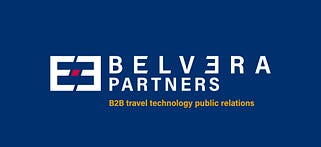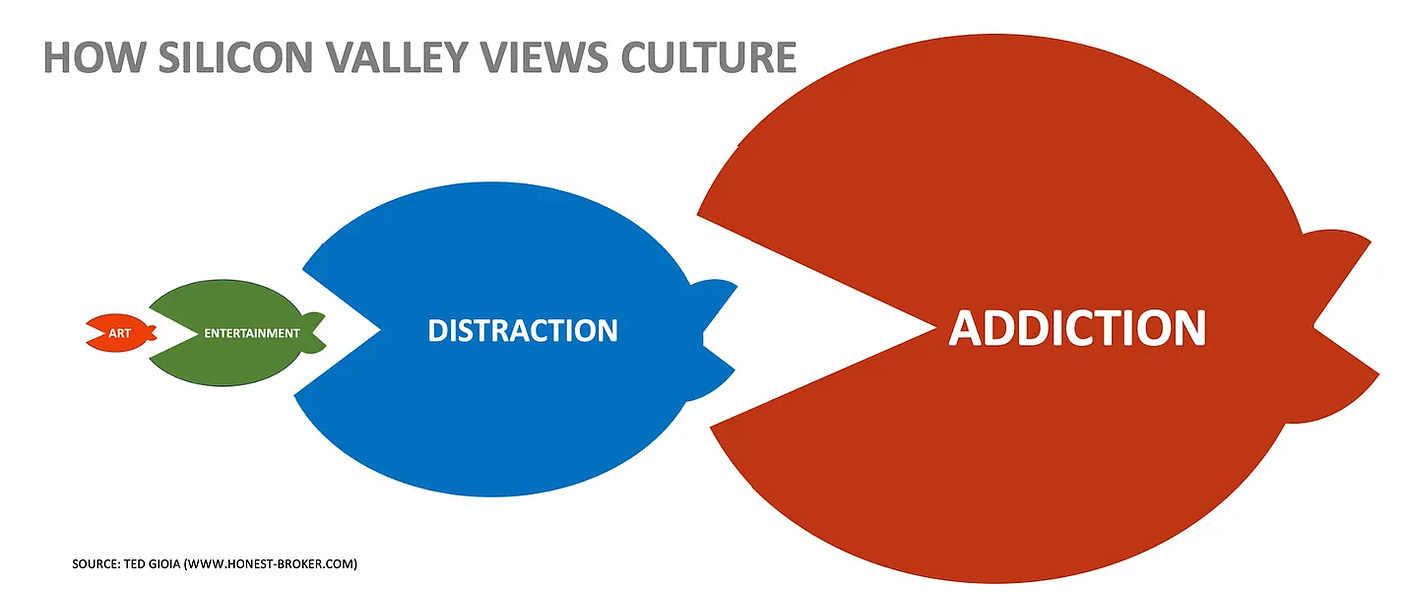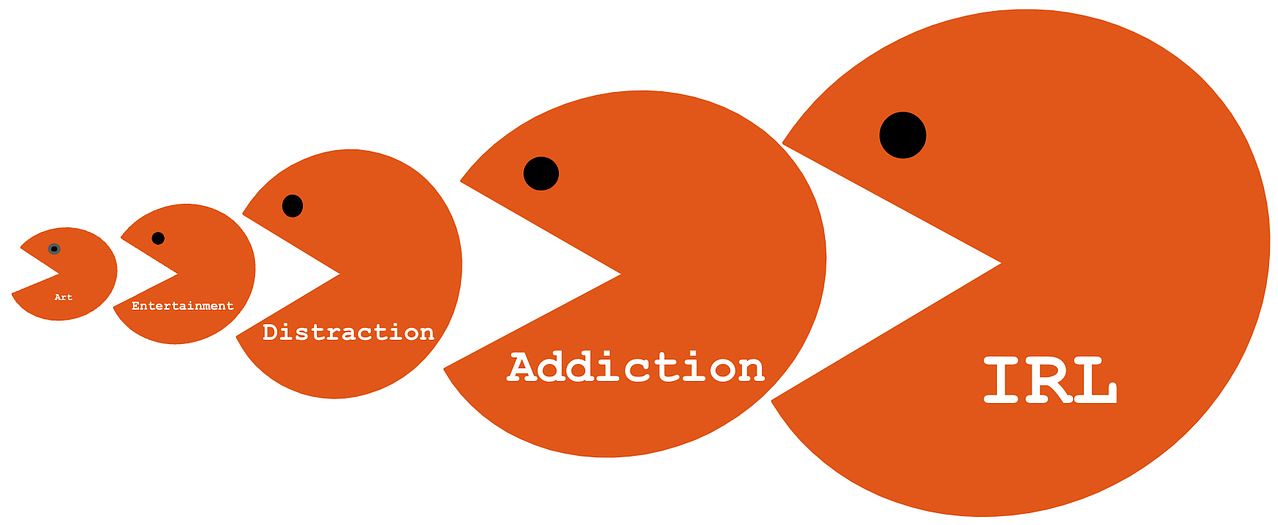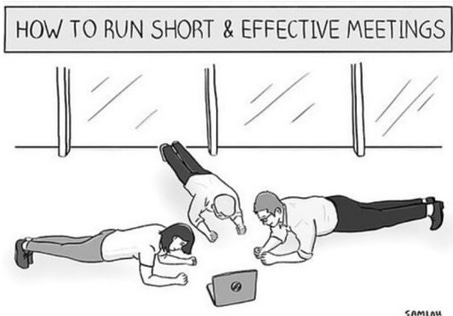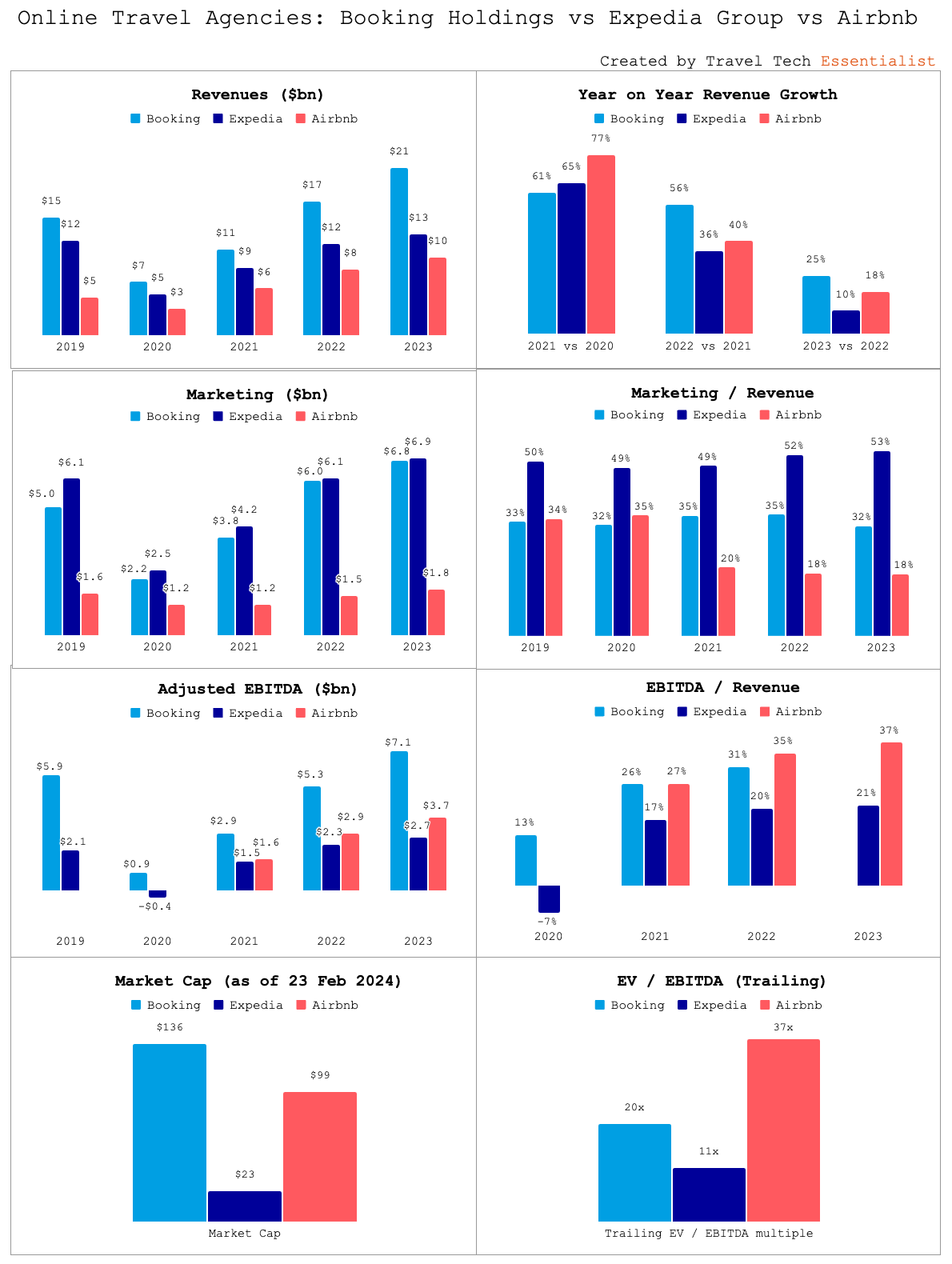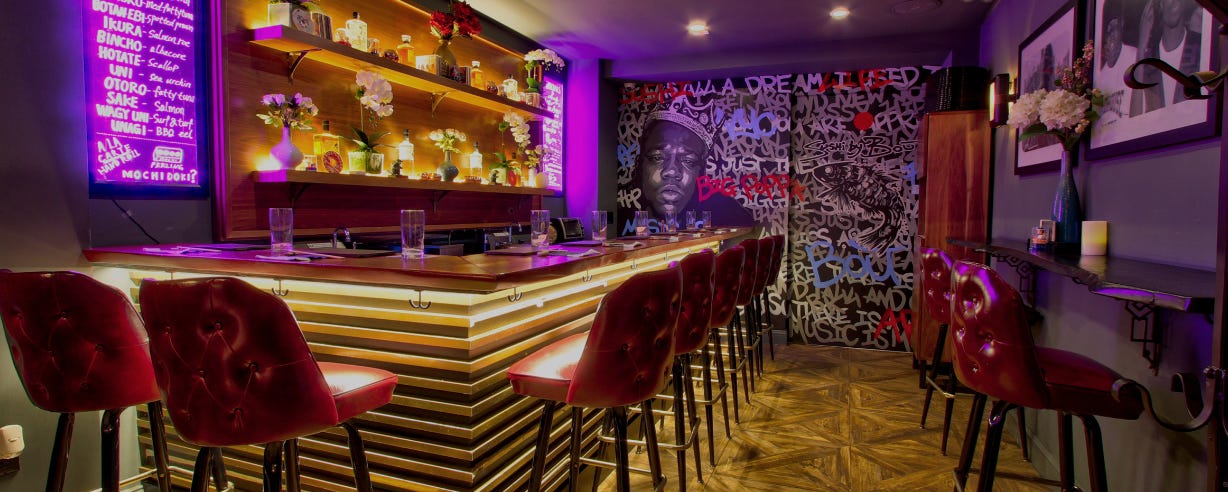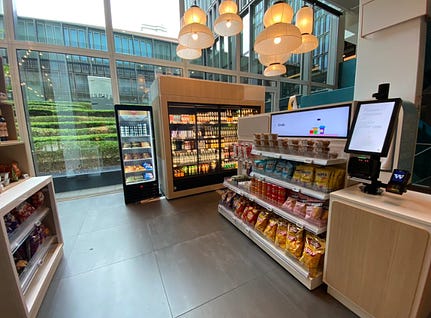Hi everyone. I'm committed to making this newsletter as relevant and valuable to you as possible. For this, I'd love your help. Could you spare just 1 minute to complete this very short survey? Thank you! Also, I've included the survey link at the end of the newsletter. This way, you can read through today's content and complete the survey afterward if you prefer. With that said, I hope you enjoy today’s edition as much as I enjoyed researching and writing it for you. Belvera Partners sponsors this newsletter
0. The most clicked link in the previous newsletterThe most clicked link in Travel Tech Essentialist #136 was the video on testing a frying pan in the store as a humorous illustration that people don’t buy products. They buy solutions to their problems. 1. Don’t just write words, write musicGreat content turns visitors into customers. Bad or mediocre content turns visitors into bounces. Hillary Weiss believes writing should be like music, with ups and downs, with slow and fast parts to keep readers hooked. She gives some tips on how to make writing more lively. One of her tips is to play with the length of sentences to create an effect. To illustrate the power of sentence length, she shares a passage by Gary Provost that demonstrates this concept:
2. The age of addiction and the opportunity for TravelIn "The State of the Culture, 2024," Ted Gioia analyzes the cultural evolution from art to addiction. He outlines how society has transitioned from valuing art, which was then overshadowed by entertainment, only to be overtaken by distraction in the form of endless scrolling and short, dopamine-inducing content. This cycle of distraction has morphed into addiction in the constant pursuit of quick digital highs. This framework points to a dual opportunity for travel startups. On the one hand, they can leverage this trend towards short, dopamine-inducing content and features to tap into consumers' scrolling and swiping habits. On the other hand, this cultural shift also opens an opportunity for travel startups focused on offering deep, enriching, and memorable experiences. In a world where many are becoming increasingly aware of the constant digital distraction, there's a growing appetite for genuine, immersive experiences that reconnect them with the world in a meaningful way. The travel industry is uniquely positioned to meet the needs of those seeking an alternative to the dopamine-driven culture, offering experiences that encourage real-world connections, adventures, and explorations. 3. What three key features will make your product so great that you can cut everything else?When the iPad launched in January 2010 as a third category of device between the smartphone and laptop, the media and many analysts were lighting fast to forecast its failure. The criticisms centered mostly around what the iPad was missing (e.g. “Ten Things Missing From the iPad…A giant iPhone that doesn’t even make calls” - Wired.) Apple's iPad sales skyrocketed from 300,000 on its launch day to 2 million in less than two months, to 7.5 million in 2010, 32.4 million in 2011, 58.3 million in 2012, and reaching 71 million by 2013. Apple has sold nearly 700 million iPads, and 73% of Apple customers own an iPad. Paul Buchheit is an American engineer and entrepreneur who created Gmail. He wrote a blog post in February 2010 that is worth resurfacing. He noted that the key to successful product design is not in packing features but in perfecting a few core attributes defining the product's essence. He criticizes the "more features = better" mindset as leading to poor product design, emphasizing instead the importance of focus, simplicity and usability to reveal a product's true value.
In the case of the iPod (launched in 2001), its three core attributes were: 1) small enough to fit in your pocket; 2) enough storage to hold many hours of music; 3) Easy to sync with your Mac. It succeeded despite not having additional features such as wireless, editing playlists or supporting OGG files In the case of Gmail (launched in 2004), its core attributes were: 1) Fast; 2) Stored all your emails (back when 4MB quotas were the norm); 3) Innovative interface based on conversations and searches. It succeeded despite not initially offering additional features such as rich text or an address book. Paul correctly predicted that the iPad’s value would be in the new things people could do at home and work with a fast, simple, and sharable internet window. His advice is as timely today as it was in 2010:
4. Upgraded In-Flight experienceAs we saw in the previous point, focusing on only a few core features or use cases in the first version of a product forces you to find its true essence and value. I’d say that this Vision Pro ad makes a clear case for what is one of these core use cases. When it comes to watching movies on a plane, it's undeniable that Vision Pro sets a new standard, leaving competitors, including iPhones and iPads, in the dark ages. 5. Applying Parkinson’s Law to run more effective meetingsThe concept of less is more could also apply to a new way of holding more effective meetings. As Jason Feifer noted on LinkedIn, Parkinson’s Law (work expands to fill its allotted time span, regardless of the amount of work to be done) rings particularly true for meetings. Schedule a 30 or 60-minute meeting with the same agenda, and the discussion magically stretches to fill every allocated second. Jason suggests that we should sometimes schedule short-timed meetings (7 minutes, say) to focus people on best using the time: “It’s shifting meetings from we’re here to talk to we’re here to get things done.”
6. The big three travel booking platforms in one visualizationBooking, Expedia and Airbnb reported their full 2023 results. I prepared this visualization to help see how they compare on some key metrics. 7. AI is like water
With so many AI narratives out there, most of them echoing similar sentiments and coming from new experts who wouldn't know the difference between TensorFlow and PyTorch, this article by Morgan Beller, General Partner at NfX, stands out as an absolute must-read. She points out that over the last year and a half, they’ve looked at hundreds of generative AI companies, and the reality is that beneath their innovative exteriors, most are exactly the same under the hood. With AI, technology is a shrinking moat. Technology no longer provides a margin of protection. There’s no more headstart. The differentiator and value-added, in many cases now, must come from outside of the technology realm.
The true differentiator lies now in how you will make people feel, how you’ll meet their needs, and how you’ll create something they didn't even know they needed. Beller draws an analogy between today’s generative AI marketplace and the story of Perrier, who transformed bottled water from a commonplace commodity into a distinguished brand. Read + 8. Monetizing hotel idle spacesSushi by Bou is a pioneering culinary concept transforming how hotels utilize their spaces. They establish exclusive sushi experiences within hotels, whether in a guest room transformed into a private dining area, a lobby corner, or even a repurposed storage room. Sushi By Bou's unique business model saves them from paying rent or utilities, and hotels benefit from introducing an innovative dining concept in previously underused spaces (and great PR). In this interview (video), founder and CEO Mike Sinensky discusses their hotel partnership concept.
9. Hotel lobby self-service mini-marketMore about hotel monetization. Large hotels far from stores or supermarkets and with underperforming gift shops aren’t unusual. One solution to consider is the introduction of a self-service mini-market. Peter Fabor, of Hotel Nuggets, and David Kijlstra have explored the potential and the data of such ventures within the hospitality sector. This concept has already proven successful for some, yielding an ROI of 2.5x in the first two and a half months. The mini-market functions as an in-house self-service store and is maintained and restocked by the hotel staff, with logistical support from professionals like Wundermart and GrabScanGo. These mini-markets typically see average product margins of 50%, an average transaction value of €6, and a purchase rate from occupied rooms at 30%. The best-selling item? Water (including Perrier.)
10. Amadeus selects its top travel startups for 2024Amadeus selected 13 travel startups to join its Startup Universe, categorized into four focus areas: sustainability, data, loyalty, and tech-driven solutions. This initiative is designed to foster innovation and collaboration within the travel industry. Read +. P.S. Travel Tech Essentialist quick surveyBefore you go, a quick reminder: If you haven't already, please consider filling out this very short survey (which will take about 1 minute). Travel Tech Essentialist Job BoardExplore the 1298 open positions on Travel Tech Essentialist’s curated Job Board and stay ahead of the curve by subscribing to job alerts. Some of the jobs on the board:
→ Join the Talent Network. Hiring companies sometimes ask me to help them find the best talent. If you want me to have you on my radar to introduce you to the right opportunities, join the new Talent Network (it takes 3 minutes). → If you're contemplating a career move, simply curious, or an HR professional seeking job insights, subscribe to my Travel Tech Jobs newsletter. Are you fundraising?If you are a startup looking to raise a round (from pre-seed to Series D), I can help (for free). Travel Investor Network is a private platform where I recommend innovative travel startups to investors and innovators. If you’re interested, please start by completing this form. If you like Travel Tech Essentialist, please consider sharing it with your friends or colleagues. If you’re not yet subscribed, you can do so here: And, as always, thanks for trusting me with your inbox. Mauricio Prieto |
sábado, 24 de febrero de 2024
Travel Tech Essentialist #137: Music
Suscribirse a:
Comentarios (Atom)

